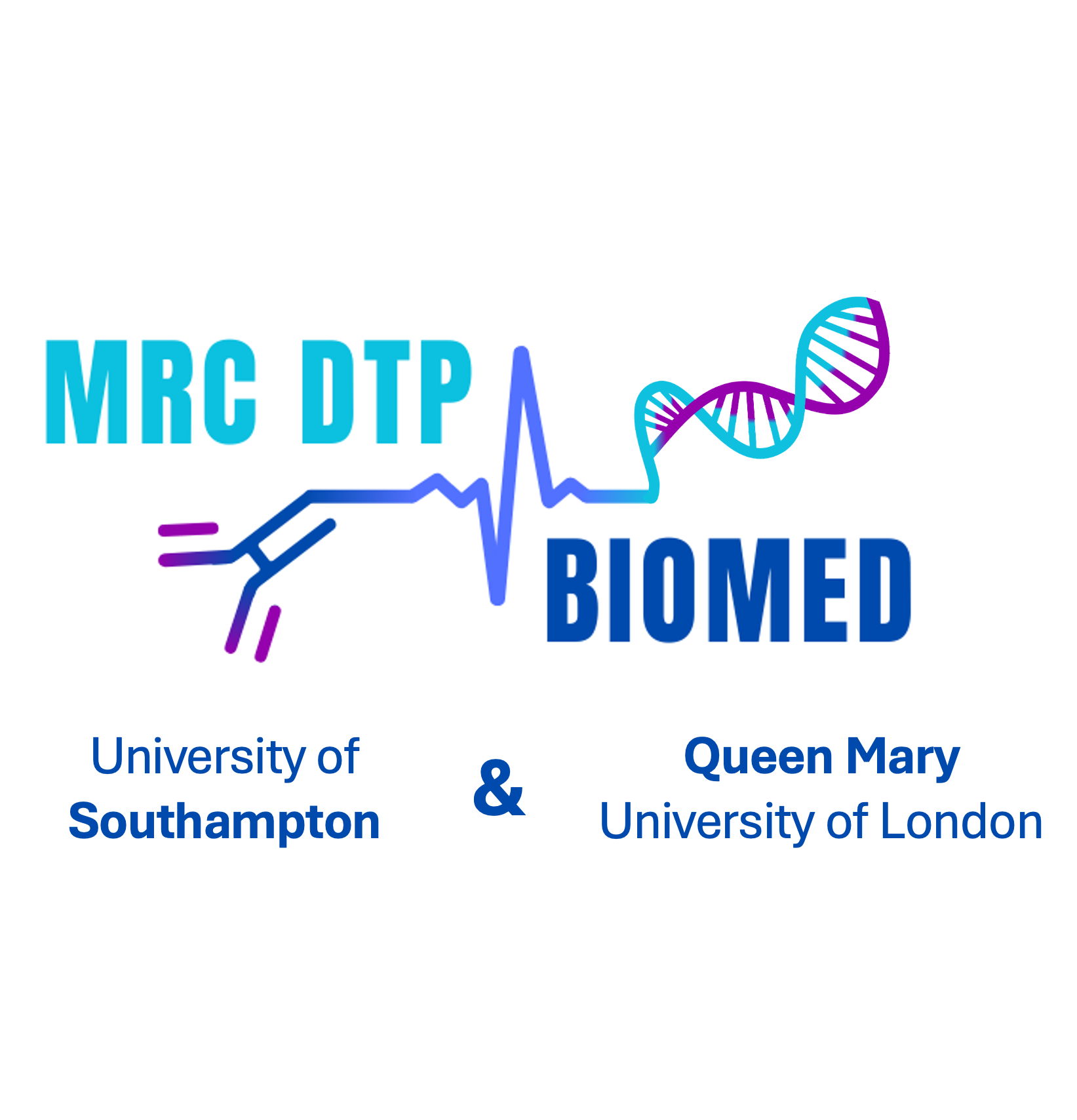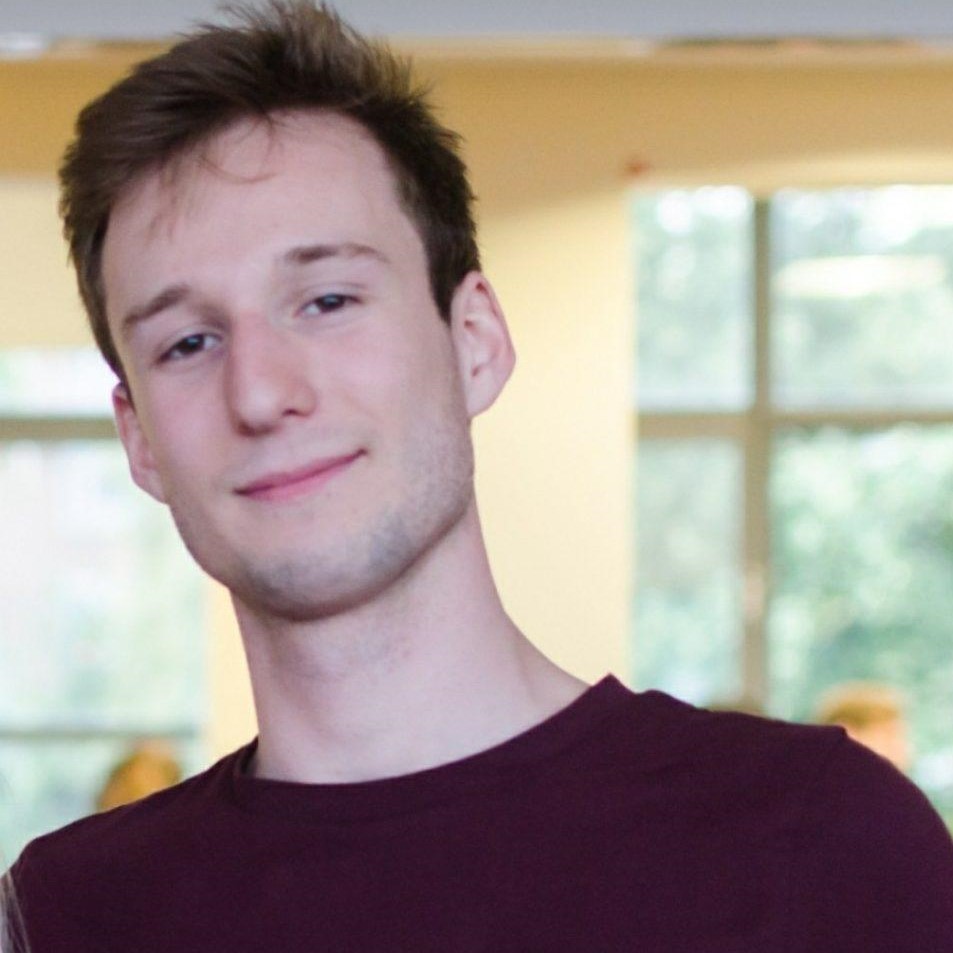
Cancer Inflammation and Immunology
Which rotation did you decide to pursue for your PhD project? I decided to continue with my third rotation for my PhD project, which looked at the role of HER2-CB2 heteromers in the progression of breast cancer. HER2 is an established prognostic marker for invasive breast cancers and HER2 expression in breast cancer can identify patients at risk of progressing to the invasive disease. The cannabinoid receptor 2 (CB2) is closely correlated with HER2 expression in breast cancer patients and administration of Δ9-tetrahydrocannbinol (THC) leads to the senescence of cancer cell growth and an increase in apoptosis. THC was found to cause the dissociation of the HER2-CB2R heteromer and lead to proteasomal degradation of HER2, preventing tumourogenic signalling. In this rotation I developed a 3D model of breast cancer using the breast cell line MCF10A, with inducible expression of HER2 and CB2, to investigate the functional role of these receptors in breast cancer progression. I decided to continue with this rotation for my PhD project due to the importance of 3D models in in vitro biology, the level of collaboration this project involves and the fascinating biology. I will continue to study the role of HER2 and CB2 interaction in breast cancer and how these receptors influence signalling, metabolism and the overall progression of breast cancer.
What skills have you developed so far? The rotation year offered valuable experience developing a wide range of lab skills and the ability to plan and carry out experiments independently. Throughout my PhD I expect to be competent at many techniques in the lab, whilst also developing my data analysis and interpretation, presentation skills and critical analysis of other scientists’ work.
Have you contributed to any publications so far? I currently am a co-author on a paper that is under review.
Have you attended, presented a poster or spoken at any conferences? I attended the Biochemical Society conference: Cell Signaling and Intracellular Trafficking in Cancer Biology: Interplay, Targeting and Therapy in Turin Italy on 21-24 October 2019.
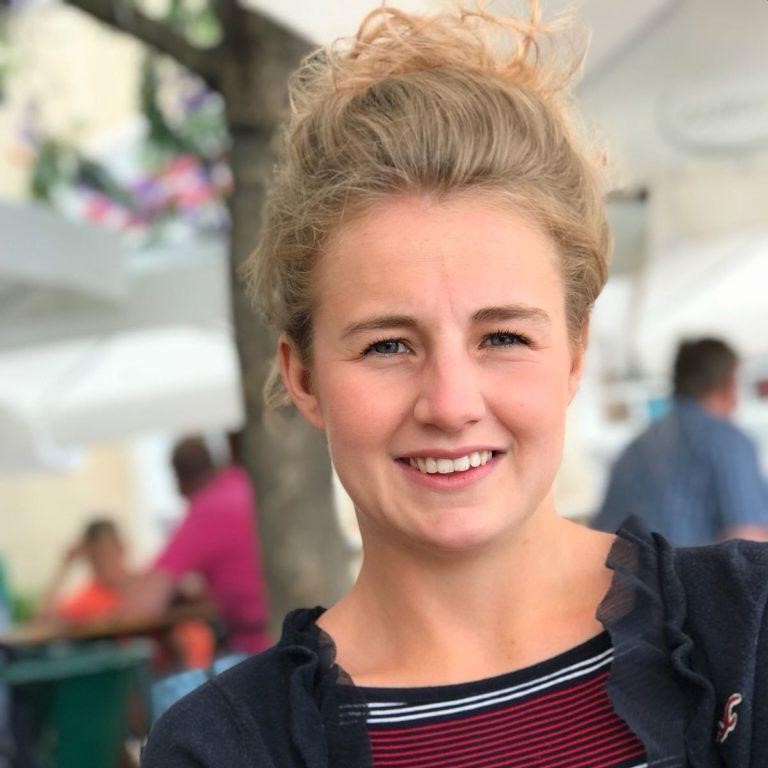
Immunity and Infection Pathway
What rotations did you complete during your first year of the programme? I completed the following rotations: Production of a recombinant fragment of human surfactant protein A (SP-A) using a mammalian expression system; Petri net computational modelling of dendritic cell gene regulatory network in response to Plasmodium falciparum; and The cellular origin of microRNA dysregulated in chronic obstructive pulmonary disease (COPD) lung-derived extracellular vesicles (EVs).
What did you choose as your PhD project and why did you choose it? My PhD project investigates the hypothesis that microRNA differentially expressed in COPD lung-derived EVs compared to healthy controls are selectively packaged and released from epithelial cells as a form of intercellular communication mediating chronic inflammation in COPD. I chose this project after being introduced to the field of EVs in my final MRes rotation project with the Pulmonary Immunology Group. Over recent years the role of EVs in disease has become an exciting and quickly evolving area of research with many novel diagnostic and therapeutic applications being investigated. In addition I chose to join the Pulmonary Immunology Group as they offered the knowledge and support required to complete a successful PhD project.
What skills have you developed so far? I have so far developed a wide range of technical and transferable skills relevant to my development as a professional researcher. During the MRes I gained valuable skills in statistical and bioinformatic analyses from the taught modules and rotation projects which are really useful both in terms of my current PhD project and future career. I have also gained experience in a variety of laboratory techniques including tissue culture, recombinant protein synthesis, western blot analyses and quantification of microRNAs using real-time PCR. Furthermore I developed skills including communicating with outreach and critical analyses of research. Over the next few years I wish to develop skills including microscopy and making an impact with my research.
Have you attended, presented a poster or spoken at any conferences? I presented at the IPhD and MRC DTP AwayDay in Southampton (2019) and attended the UK Extracellular Vesicles Forum (2019).
Have you completed any additional training? I have completed the Introductory course to 2D image processing and analysis.
What have you enjoyed about your experience so far? Overall what I have enjoyed so far about the iPhD programme is the support and opportunities available to allow you to identify and pursue an area of research you are passionate about.
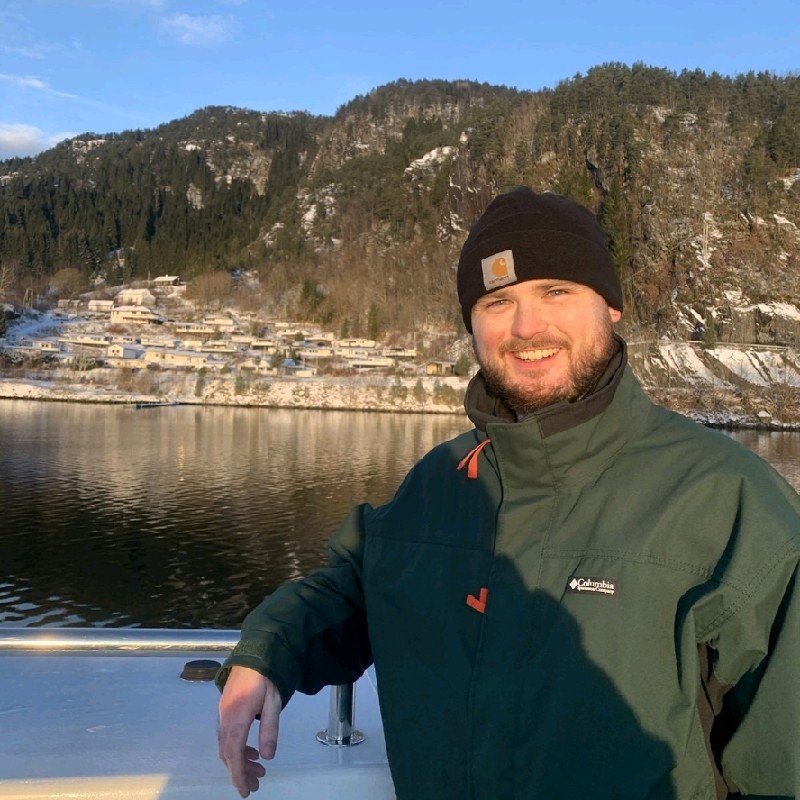
Cancer Inflammation and Immunology
Which rotation did you decide to pursue for your PhD project? My PhD project is entitled ‘Investigating cell intrinsic metabolism of dendritic cells’ and is a continuation of my first rotation. I chose this project for a number of reasons. Firstly, it was the project which I was most passionate about. Also, I felt that this project has a strong potential to be fully translatable, from the basic biology, right through to validation in human tissue and identification of potential drug targets for use in clinics. In my particular case I hope to eventually apply my research in a breast cancer setting. Another reason for selecting this project was my supervisors. Between them, they have strong expertise in the fields of immunology and metabolism, with my primary supervisor also being in charge of the metabolomics core facility at Barts Cancer Institute.
What skills have you developed so far? So far during my rotations I have improved my abilities to communicate my research. I have gained experience in a number of techniques: immunohistochemistry, western blot, immunoprecipitation, primary cell culture, microscopy, flow cytometry, handling RNA sequencing data, qPCR. I have also developed my time management and organisation skills.
What skills do you think you will develop going forward? In the future I will gain technical experience in running samples on an orbi-trap mass spectrometer. I will further improve my analytical and experimental design skills. I will also gain skills in more advanced cell culture techniques, and metabolic profiling of cells. Lastly, I will be handling big data sets and developing my ability to extract useful information from these data sets.
How did you find the mathematics/computational component of the DTP? The bioinformatics component of the DTP was very useful, now I feel like, with a little bit of time, I’d manage to work through most data sets. It also gave me the confidence to proactively seek opportunities to use these skills in my rotation projects, and I hope eventually in my PhD project.
Have you completed any additional training so far? I have completed the Home office licensee training course (PILA-C) for my personal license.
What have you enjoyed most and least about your experience so far? I have enjoyed most the opportunity to choose whatever three rotation projects I would like, and as a result, I now have vastly increased my network of scientists within the School of Medicine and Dentistry. I least enjoyed juggling my first rotation with one day a week in Southampton and the taught component on a Wednesday.
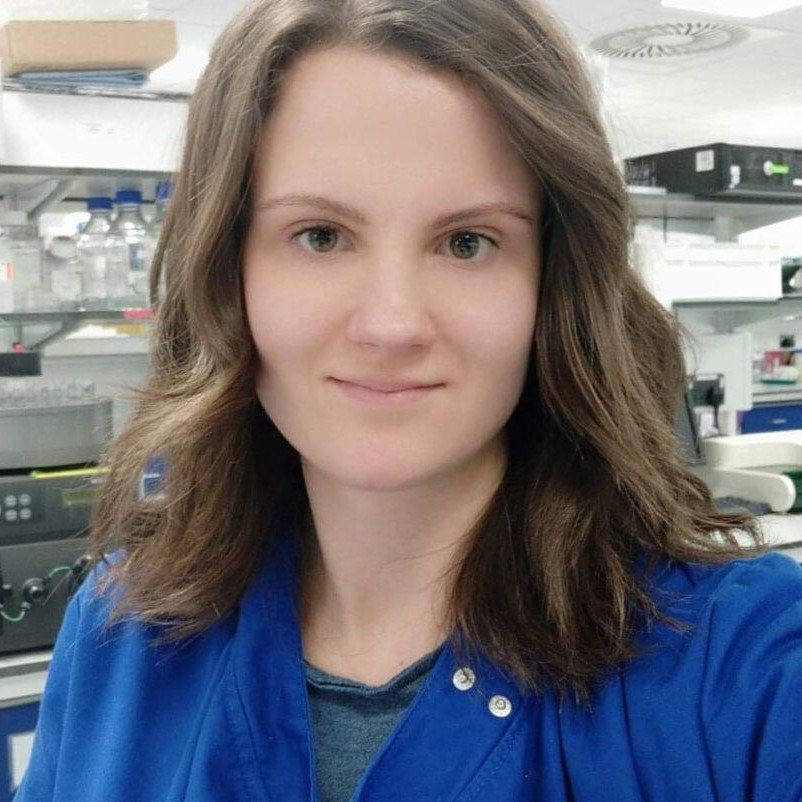
Cancer Sciences Pathway
About me: Before commencing the PhD, I have obtained my undergraduate degree in Biomedical Science at the University of Southampton and undertook an internship at the German Cancer Research Center. During my studies, I really enjoyed immunology and cancer biology and decided to pursue a PhD at the University of Southampton, which is at the forefront of cancer immunology and immunotherapy research.
What is your PhD project? My project is studying T cells and how they kill cancer cells. I am looking at the role of Akt signalling pathway in CD8+ T cells. We are investigating whether modulation of this signalling pathway could be used to improve response to immune checkpoint blockers during cancer therapy. I am currently focusing on determining whether inhibition of Akt pathway changes CD8+ T cell ability to kill cancer cells and facilitate immune response in the tumour microenvironment.
Which skills have you developed so far? Through my PhD, I have developed a variety of lab skills, including western blotting, cell culture, flow cytometry, qPCR, polysome profiling and in vivo work. I have also developed skills in bioinformatics during the analysis of single-cell RNA sequencing data. I aim to further expand my skills by analysing bulk RNA sequencing data during the remainder of my PhD. I have gained organisational and time management skills, writing skills and have become more confident during public speaking.
Have you completed any additional training? I have completed the Home Office licensee training course necessary for my research.
What have you enjoyed most and least about your experience so far? I really enjoy working in a sociable and supportive environment and being surrounded by highly ambitious academics and students. Learning bioinformatics was a very enjoyable experience and I am planning to continue developing this skill in the future. I anticipate there will be more opportunities to do another internship to develop skills outside our department.
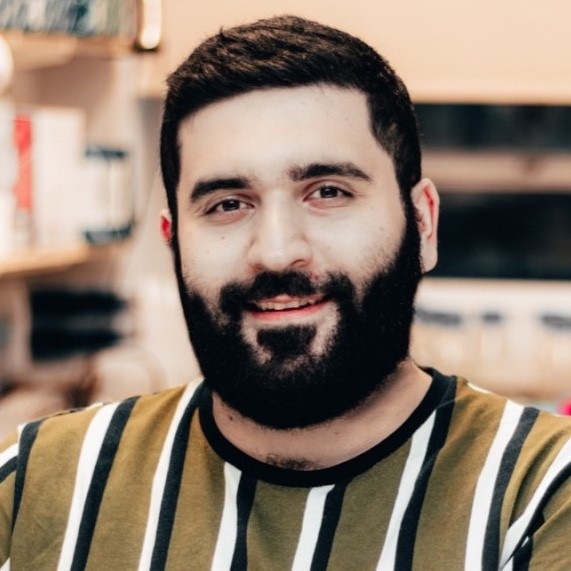
Cancer Inflammation and Immunology
What is your PhD project and how did you choose it? My PhD project is to investigate the functional relationship of macrophages in DCIS progression with a focus on the fate of myoepithelial cells. Using and developing a 3D in vitro model of ductal carcinoma in situ (DCIS). My aim is to assess the behaviour of myoepithelial cells in response to primary macrophages of different phenotypes. Characterising DCIS associated macrophages will form an important part of my project. I chose this project due to its clinical relevance and focus on 3D in vitro modelling.
Which skills have you developed so far? I have developed a great deal of independence both at the bench and away developing and planning ideas. The three short rotation projects have taught me that, while things may not always go to plan, there is always a lesson to take away for next time.
Which skills do you think you will develop going forward? I think I will continue to become more independent in making plans and decisions that will shape my final PhD thesis and understand the commitment that is required to be in academia and lead a research group.
How did you find the mathematics/computational component of the DTP? The mathematics/computations component was a full on introduction to R with real datasets to manipulate and understand. While daunting at first for a complete beginner, it has opened my eyes to the value of computational biology in complementing our traditional research.
What have you enjoyed most and least about your experience so far? What I have enjoyed most is being able to work on three short projects with an opportunity to tailor each in line with my specific interest. I would have enjoyed committing 100% of my time to my lab project rather than coursework etc.
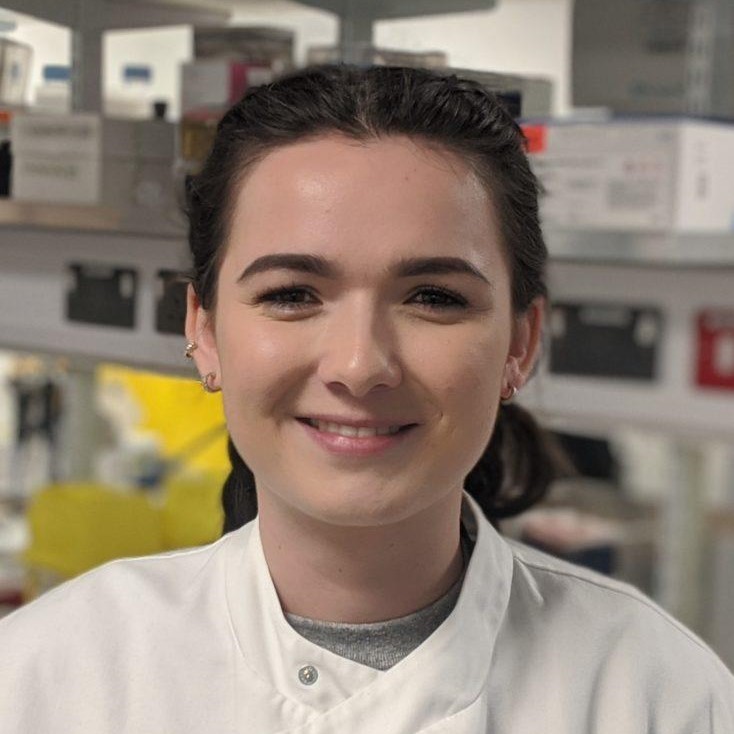
Cancer Inflammation and Immunology
What is your PhD project and how did you choose it? I chose to continue with my second rotation with Professor Trevor Graham as my PhD project, which I’m now carrying out on the early immune and genetic events in Lynch syndrome patients and the progression to colorectal cancer. I decided to choose this project due to learning the most while performing my rotation with this group, as well as having a particular interest in the interactions between genomic alterations and the microenvironment contributing to the initiation of cancer. This group is very diverse, containing computational mathematicians, clinical fellows, immunologists and wet lab researchers which makes it a dynamic and inspirational environment to be in.
Which skills have you developed so far? So far during my MRC studentship I have learnt a lot of computational analysis from scratch, such as coding, statistics and AI image analysis. Along with laboratory techniques such as siRNA, CRISPR, RNA/RNA extraction and microscopy techniques.
Which skills do you think you will develop going forward? I’d like to learn single cell techniques like single cell RNA sequencing and further my computational analysis skills.
How did you find the mathematics/computational component of the DTP? The taught MRC computational module gives a very good grounding in the most common types of analysis carried out and basic R coding, which can then go on to be used and developed within the rotations performed.
Have you contributed to any publications so far? I am currently working on a review.
What have you enjoyed most and least about your experience so far? I really enjoyed my three rotations in first year. I think this is an excellent opportunity to get to know what you like best and least in the laboratory and also experience many different ways of working within a lab, ways Principal Investigators work differently and various fields within cancer and immunology.
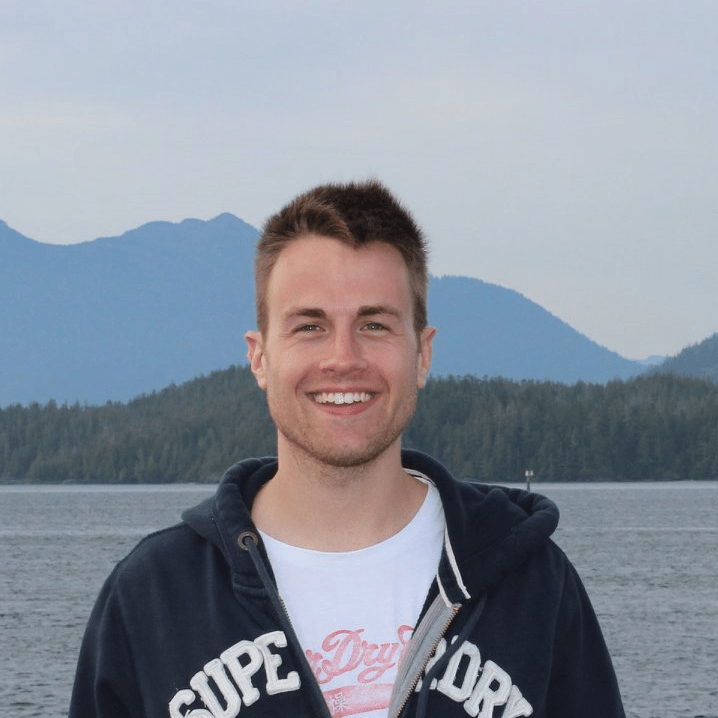
Centre for Cancer Immunology
What is your PhD project and why did you choose it? My project is ‘Investigating the therapeutic potential of aGITR (glucocorticoid-induced TNF receptor-related gene) antibodies.’ GITR is a co-stimulatory receptor found on the surface of immune cells. In this project, I am testing the therapeutic efficacy of anti-aGITR antibodies produced by the University of Southampton Antibody and Vaccine group, for immunomodulatory tumour therapy. I chose this project because developing therapeutic antibodies is an exciting topic and the university has many research groups that are experts in this field.
What skills have you developed so far? In the lab, I have developed skills in flow cytometry, tissue culture, Biacore, 3D culture of organoids, DropSeq, western blots, analysis of single cell RNA seq datasets and IHC. Other skills I have developed include thesis writing, presenting and the critical appraisal of research articles. I hope to continue to develop my writing skills, presenting skills and in vivo animal work.
How did you find the mathematics/computational component of the DTP? Both RPB and RPC involved analysis of scRNA seq datasets which I really enjoyed. It was nice to develop these skills as computational methods are becoming more prevalent in scientific research.
How have you found your experience so far? There was a really interesting variety of projects available as part of my rotation year. Because of this, I have been able to develop a variety of different skills. The support and guidance throughout has been excellent. I’m happy with how things are going and enjoying the research I am a part of. The away day in my first year was interesting, I got to see the scope of research being undertaken at both the University of Southampton and Queen Mary University of London.
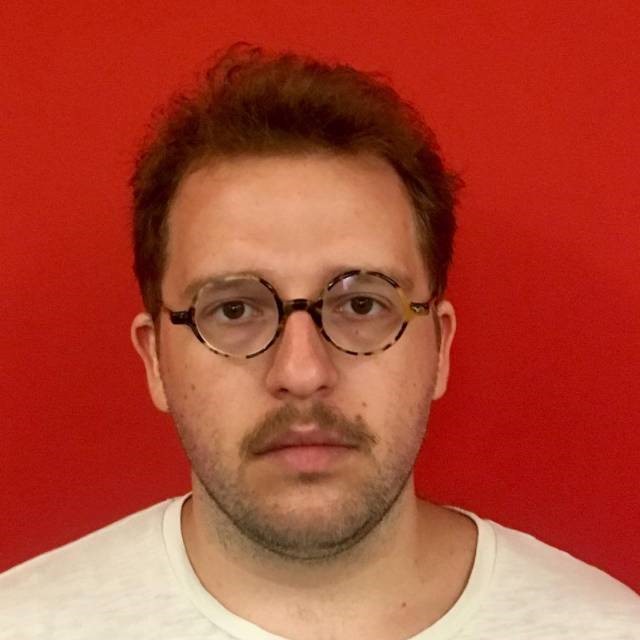
Cancer Inflammation and Immunology
What is your PhD project and how did you choose it? The diverse and highly complex nature of modern biological research produces a high volume of data. Thus, there is unprecedented need to develop tools and methodologies to explain and rationalise these results. The aim of my PhD project is to develop novel logic-based algorithms that overcome the limitations of existing tools used for analysis. Ultimately, the most challenging aspect of this work will be to develop an automated hypotheses generation and validation algorithm. This will be able to employ abductive reasoning in combination with scientific knowledge and expertise to logically analyse not only datasets which suffer from the issues mentioned above but others as well. The resulting hypotheses can then be validated entirely in silico based on information garnered from other databases. If this yields interesting and novel results these can ultimately be tested by carrying out the relevant physical experiments manually.
What skills have you developed so far? I have expanded my skills on general computer-based analysis. Namely, following various courses I have attended at Queen Mary, I have gained more advanced skills in Python-based data analysis. As the main focus of my project is applying a novel approach via logic programming, I have gained a substantial working background, which I am continuously expanding, on the use and application of the LP language Prolog, specifically its SWI-Prolog implementation.
Have you attended, presented a poster or spoken at any conferences? I attended two conferences in 2019. The first was the American Society for Mass Spectrometry (ASMS) conference in Atlanta, Georgia. Here I presented a poster detailing the initial stages of my work relating to explaining the phosphoproteomics dataset I am working on. The second conference I attended was the International Conference on Logic Programming (ICLP) at Las Cruces, New Mexico. As part of the conference I attended a 2-day intense course titled ‘Autumn School on Logic Programming’ as well as a 1-day workshop on Probabilistic Logic Programming. Through these, apart from a plethora of ideas to pursue as part of my own work, I made a number of connections with potential collaborators.
Have you completed any additional training? I have been accepted as part of the PhD Enrichment scheme at the Alan Turing Institute. For this I will be based at the Institute for six months beginning January of 2020. Here, I will have the chance to collaborate with the researchers within the Institute as well as the various Fellows that are part of it but based elsewhere.
